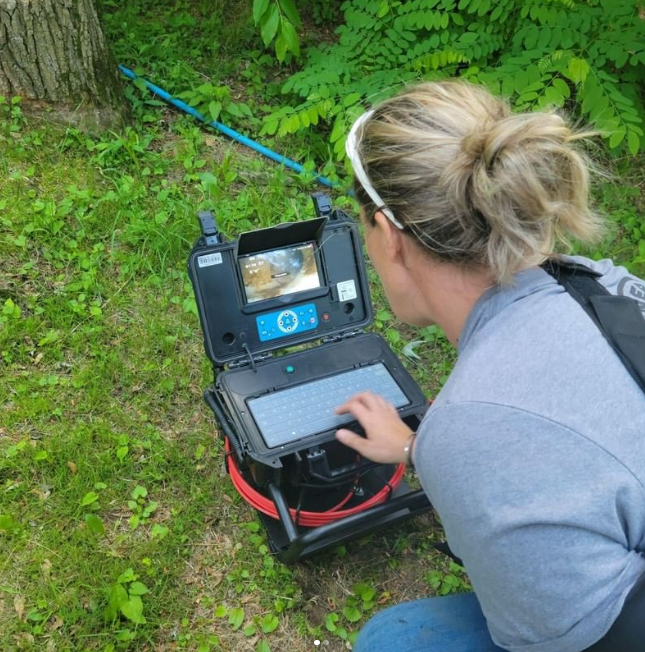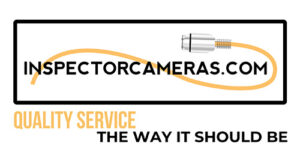Commercial property evaluations are critical for determining the condition and value of a property. Thorough inspections help identify potential issues that could affect the property’s safety, functionality, and overall worth. Inspection cameras have emerged as a vital tool in this process, providing detailed and accurate insights that traditional methods may miss.
Enhancing Accuracy and Detail in Inspections
Inspection cameras offer high-resolution imaging, allowing for detailed views of various property aspects. They can uncover hidden issues such as structural damage, plumbing leaks, or electrical problems that are not easily visible to the naked eye. Compared to traditional inspection methods, cameras provide a more comprehensive and precise assessment, ensuring that no detail is overlooked.
Improving Efficiency and Speed
The use of inspection cameras significantly speeds up the inspection process. With real-time video and image capture, inspectors can quickly document and analyze property conditions. This reduces the need for multiple site visits, as inspectors can review footage remotely and make informed decisions faster. The streamlined reporting process also means that property evaluations can be completed more quickly, benefiting both buyers and sellers.
Safety Benefits
Inspection cameras enhance safety by allowing inspectors to examine hard-to-reach or hazardous areas without physically entering them. For instance, they can inspect roofs, confined spaces, and areas with environmental hazards, minimizing the risk of accidents or exposure to harmful conditions. By keeping inspectors out of potentially dangerous situations, these cameras significantly reduce the risk associated with property evaluations.
Cost Savings
Utilizing inspection cameras can lead to substantial cost savings. Faster inspections translate to reduced labor costs, and early detection of issues prevents expensive repairs down the line. For example, identifying a minor plumbing leak early can avert major water damage that would be costly to fix. Several case studies have demonstrated the financial benefits of using inspection cameras in commercial real estate evaluations.
Enhancing Documentation and Reporting
Inspection cameras provide high-quality visual records that are invaluable for documentation and reporting. These visual records can be stored for future reference, making it easier to track the condition of a property over time. Additionally, the ability to easily share findings with stakeholders improves transparency and builds trust in the evaluation process. Detailed, visual reports help convey the property’s condition more effectively than written descriptions alone.
Versatility of Inspection Cameras
Inspection cameras are versatile tools applicable to various types of commercial properties, including office buildings, industrial sites, and retail spaces. Different types of cameras, such as borescopes, thermal imaging cameras, and drones, cater to specific inspection needs. For example, borescopes are ideal for inspecting HVAC systems, while drones can provide aerial views of large properties. Case examples illustrate how these cameras can adapt to diverse inspection requirements, showcasing their flexibility and utility in different scenarios.
Future Trends in Inspection Cameras for Commercial Real Estate
The future of inspection cameras in commercial real estate looks promising with the integration of AI and data analytics. AI can enhance defect detection and provide predictive maintenance insights, making inspections more efficient. Advancements in camera technology, such as higher resolutions and improved portability, will further boost their effectiveness. These innovations are poised to transform the industry, offering even more precise and comprehensive property evaluations.
Conclusion
Inspection cameras offer numerous benefits for commercial property evaluations, including enhanced accuracy, improved efficiency, safety, cost savings, better documentation, and versatility. As technology advances, their role in the industry will continue to grow, making them indispensable tools for real estate professionals. Embracing these technologies can lead to more thorough and reliable property assessments, ultimately benefiting all stakeholders involved.


